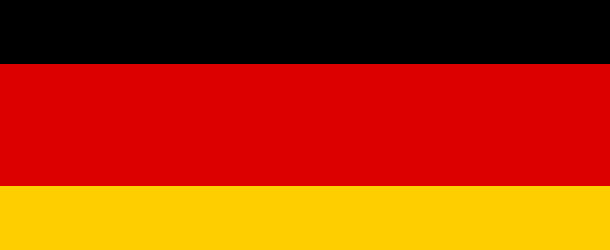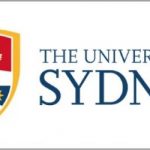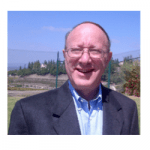German government approves funds for quantum research at DESY

(ScienceBusinessNet) he German Federal Government and the European Union (EU) are funding two new quantum technology projects in which the research centre is significantly involved. The NiQ project, supported by the Federal Ministry of Education and Research (BMBF), investigates the role of noise in quantum computers, while the T-NiSQ project, funded by the EU in the QuantERA framework programme, develops, among other things, diagnostic tools for the validation of quantum components. To mark World Quantum Day this Thursday (14 April), DESY is hosting a symposium on research into quantum computing, quantum materials and quantum sensors, as well as technology transfer to applications.
“The newly acquired funding complements the strategic quantum technology initiative DESY QUANTUM in an excellent way,” emphasises Kerstin Borras, Co-Coordinator for Quantum Technology and Leading Scientist at DESY and Professor at RWTH Aachen University. “The funded projects will provide deep insights into physics and significantly accelerate the development of quantum technologies,” adds Karl Jansen, Co-Coordinator for Quantum Technologies and Head of the newly founded Center for Quantum Technology Applications CQTA at DESY’s Zeuthen site, which is funded with 15 million euros by the State of Brandenburg.
In the NiQ project (Noise in Quantum algorithms), researchers from Saarland University, Freie Universität Berlin, Forschungszentrum Jülich and DESY, together with the companies Qruise and IBM, are investigating the influence of noise on calculations with quantum computers. On the one hand, the aim is to reduce noise, which can significantly impair the performance of quantum computers. On the other hand, the unavoidable noise can be specifically exploited in certain situations to achieve a result more quickly. The project, which is coordinated by Saarland University and already started in February, is scheduled for three years and is funded by the BMBF with a total of almost two million euros.
Sandra K. Helsel, Ph.D. has been researching and reporting on frontier technologies since 1990. She has her Ph.D. from the University of Arizona.



















